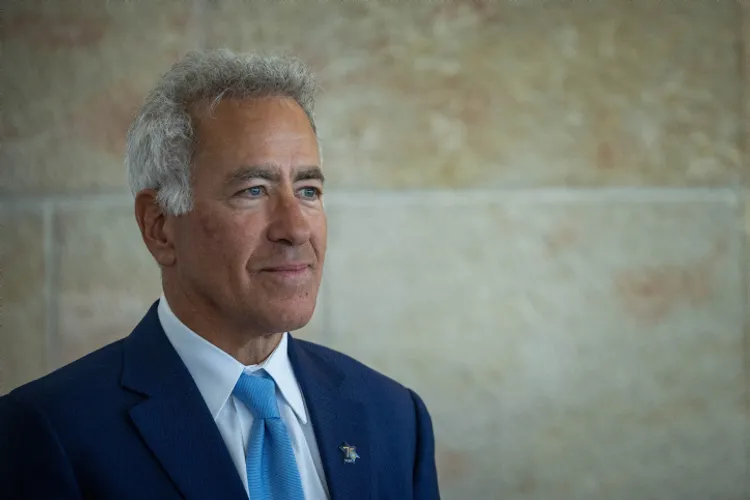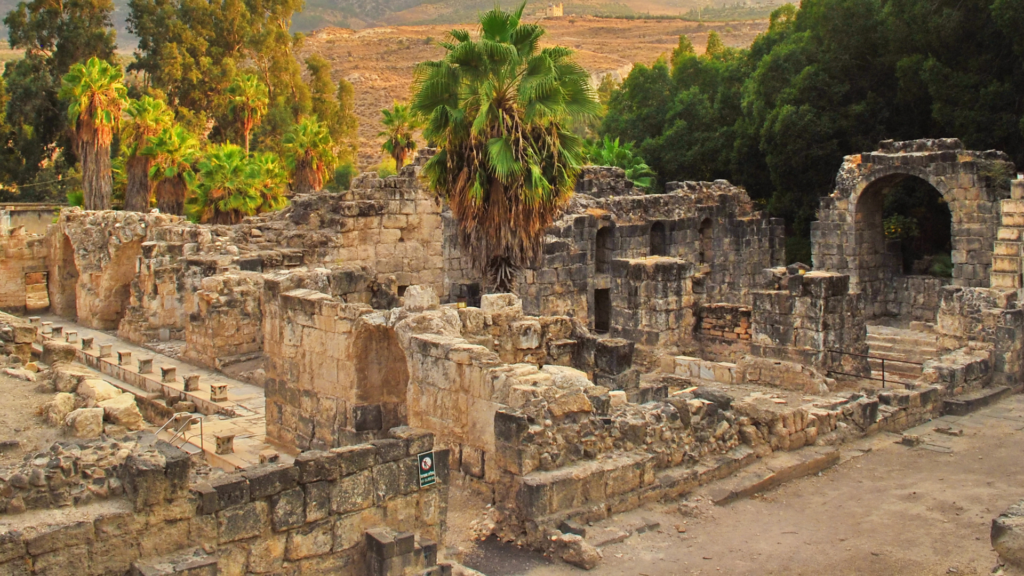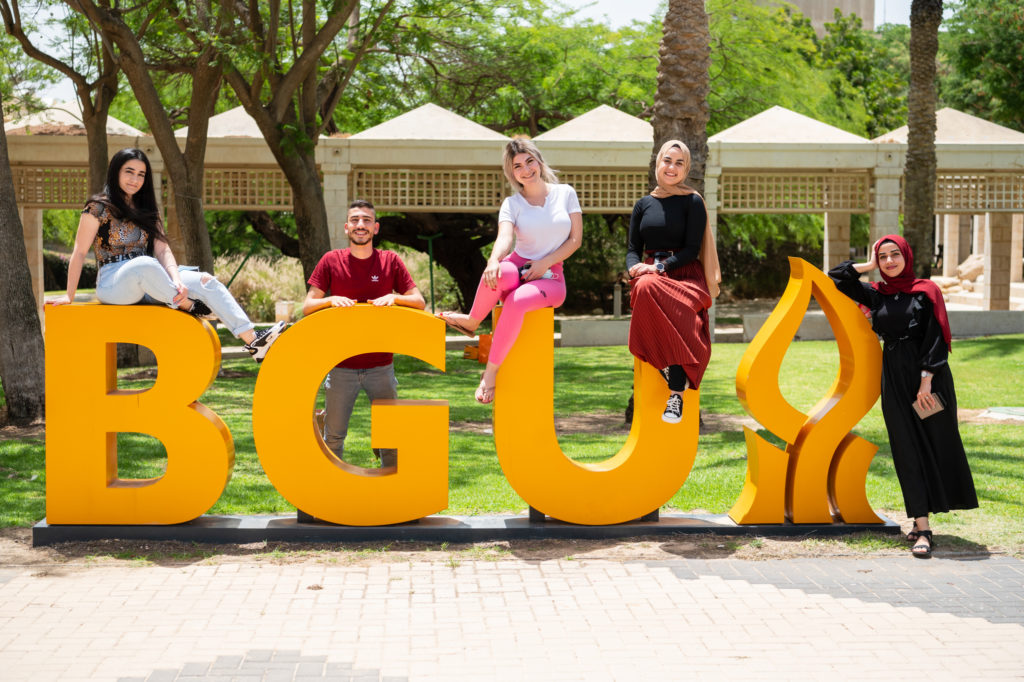
As Pope Ends Trip, Complaints Echo
As Pope Ends Trip, Complaints Echo
May 18, 2009
Israeli Prime Minister Benjamin Netanyahu urged Pope Benedict XVI to use his moral authority to condemn anti-Semitic statements coming out of Iran, as the pontiff neared the end of a Middle East trip lately dogged by complaints he had not shown strong enough solidarity with Israelis.
“I asked him, as a moral figure, to make his voice heard loud and continuously” against Iran’s declarations “of their intention to destroy Israel,” Mr. Netanyahu said after a 30-minute, one-on-one meeting in Nazareth, believed to be where Jesus grew up.
Mr. Netanyahu had just returned from an unannounced visit to Jordan, where King Abdullah II asked him to endorse Palestinian statehood.
The meeting with Mr. Netanyahu wrapped up the last full day of the pontiff’s eight-day trip. Pope Benedict came seeking to smooth tensions in the region that is home to one of the world’s most emotional conflicts, but at times they seemed to rise.
“He was walking a tightrope from day one, and no matter what he did, people were going to criticize him,” said Rabbi Arthur Schneier, leader of the Park East Synagogue in Manhattan and a Holocaust survivor who accompanied the pope.
The Vatican’s spokesman in Israel, Wadi Abunassar, called the pope “a very brave man” for making the visit. “We are living in a very complicated era, but I do believe the visit was a success,” he said. “The Christians living here were very happy.”
As for the Jews and Muslims, the pontiff’s record was more mixed. At the Yad Vashem Holocaust memorial on the first day of his visit in Jerusalem, Pope Benedict, a German who was a member of Adolf Hitler’s youth corps as a teenager, spoke of “horrific tragedy,” but the address galled many Israelis who noted that the pontiff made no mention of his own personal experiences in Nazi Germany.
“It was a very cold, very calculated, very diplomatic speech which did not display any emotions,” said Tom Segev, author of “The Seventh Million,” a book about the Holocaust’s impact on Israel’s collective psychology.
Pope Benedict’s approach contrasts with his predecessor John Paul II, who stood before Yad Vashem in 2000 and recalled being a young scholar witnessing the Nazi purge of Krakow’s Jewish community as a young scholar.
The current pontiff’s struggles in Israel, supporters and skeptics say, stem partly from his impersonal speaking style. “He is not the pope of the personal anecdote,” says Rev. Joseph Fessio, a former student of the pope at the University of Regensburg.
Hanna Yablonka, a professor of Jewish history at Ben Gurion University, said she was sorry that neither side made a more profound effort to bridge divides. “It’s a deep dialogue that needs to take place and neither the pope nor the Israeli authorities took it up, and that’s what is shameful and disappointing,” she said.
Pope Benedict has spent much of his career seeking to improve ties between Judaism and Christianity. On Mount Nebo on the third day of his Mideast visit, the pope spoke of the “inseparable bond” between Catholics and Jews.
But as pope he also has previously heightened religious tensions he was trying to calm. In 2006, he cited a medieval text describing the teachings of Muslim prophet Muhammad as “cruel and inhuman,” during a broader address on faith and reason.
The pope also made forceful comments on Wednesday in Bethlehem in which he condemned Israel’s separation barrier dividing Palestinians and Israel.
Following that, Israel’s Interior Minister Eli Yishai announced Thursday that he was rejecting two official Vatican requests that Israel grant multiple-entry visas to 500 Arab priests and that Israel grant residency rights to a couple living in Arab East Jerusalem.
Mr. Yishai’s spokesman, Roei Lachmanovich, said the decisions were made on security grounds.
However, Mr. Yishai, leader of the orthodox Shas Party, “was very disappointed in what the pope said at Yad Vashem” and “would have liked to hear the same kind of sympathy for the Jews that the pope showed the Palestinians,” the spokesman said.
Mr. Abunassar, the Vatican spokesman, said the visas “are vital to the church work in the Holy Land” and said the decision was being appealed to the prime minister’s office.
“The trip went as planned,” said Israeli foreign ministry spokesman Yigal Palmor. “The controversies were totally predictable: a German pope with a past like he has, going to Yad Vashem. What do you expect?”
Printed in The Wall Street Journal, page A7



